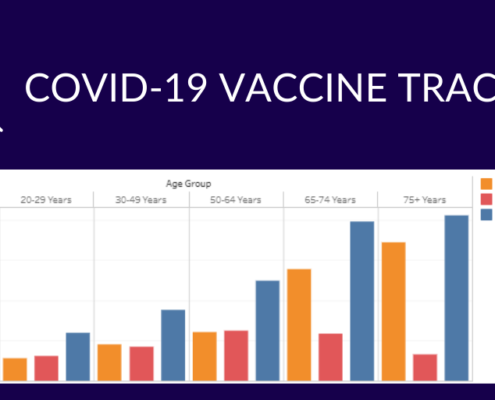Why the jump in non-COVID deaths?
In November of last year, Pioneer warned about an “Impending Tsunami in Mortality from Traditional Diseases.” We asked:
“did public health officials create such a climate of fear around COVID that they neglected to encourage people to visit their physicians and receive regular screenings from chronic conditions?”
The Pioneer report seems prescient, as the Wall Street Journal reported on February 23rd that life insurers had seen “a jump” in non-COVID death claims.
Life insurers think the deferral of medical treatment during the pandemic contributed to an increase in death-benefit claims not directly tied to Covid-19 https://t.co/tp4Xy22x2o
— The Wall Street Journal (@WSJ) February 23, 2022
Actuaries for the life insurers speculated that the rise in non-COVID deaths were tied to
“delays in medical care as a result of lockdowns in 2020…and people’s fears of seeking out treatment.”
The Journal then editorialized that,
“it was as if the leaders of government health bureaucracies all forgot there were plenty of ways to die other than Covid infection.”
The Lockdown Reckoning https://t.co/gVClbU8a29 via @WSJOpinion
— James Freeman (@FreemanWSJ) February 23, 2022
Get Updates On Our Healthcare Research and Events!
Browse Our Healthcare Content:










